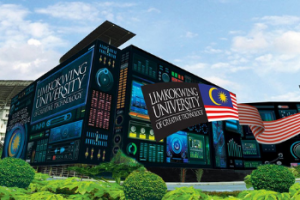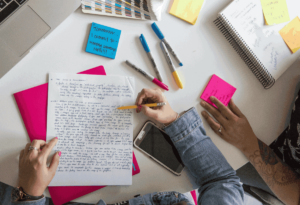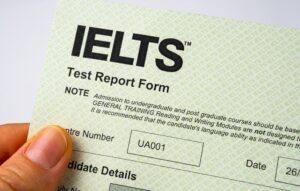To Get Accepted, Know What The University Wants
Offer letters aside, let’s talk about getting into the university that you’ve been eyeing for since you were a high schooler.
Did you know that universities have specific requirements that they look for in potential students before they accept an application? Your determination is admirable, but you’ll need more than that to get accepted into your dream university.
To increase your chances of getting accepted, your personal essay and interview with the university matter. You should pinpoint your strengths, experience, and skills, such as:
- Academic and non-academic achievements
- Experience and skills to succeed in the program and at the university
- How you showcase your enthusiasm in the subject area
- What your references say about you
I Got My Offer Letter. What Next?
1) Make Payment & Receive Your Acceptance Letter
When you receive a conditional / unconditional offer letter from the university, you’re only a few steps away to the finish line! If you receive a conditional offer letter, chances are you have to submit certain documents as requested by the university.
Next, you must be able to provide financial proof to show that you can cover the total fees stated in the offer letter. You must also submit all the remaining documents stated in your conditional offer letter and finally, pay the registration fee of approximately $300 and a deposit of $2,200.
Take note that the acceptance letter will not be released unless you complete the steps above.
2) Review Your Acceptance Letter & I-20
Once you get your acceptance letter, make sure to review all the information to ensure that everything is correct. The original copy of the I-20 document will also be sent directly to you, so you should confirm the recipient contact number and shipping address. The shipping can take up to five days or more.
3) Student Visa Application (F-1 Visa)
There’s no time to spare. You should hurry and book a visa appointment at the US Embassy in your area. Here’s a step-by step guide to help you with it.
4) Visa Interview – If You’re Prepared, You’re All Set!
An in-person interview is a common as part of the student visa application process.
Many of our students come to us full with worry, but our advice stays the same: always be prepared.
These tips can help nail your interview:
- You must attend the interview. If you can’t make it, reschedule it ahead of time.
- Think your answers through and reply with confidence and honesty. Don’t rush, you’ll end up stuttering!
- The interviewer wants to see that you’re dead serious about studying in the US. To be convincing, be clear about your program, the documents you’ve provided, as well as your intentions and future plans of studying in the US.
- Always speak in English. The Visa Official wants to know your proficiency level.
- Clarify questions that you do not understand. Don’t just assume based on your understanding and give an inaccurate answer! Which brings to my next point..
5) Interview Questions To Expect
The most common questions are:
- Self-introduction
- Your education history
- Your choice of study and university in the US
- Program details, such as course dates and duration.
These questions may seem unimportant to you, but they help the interviewer determine if you’re a genuine student who plans to further their studies in the US.
 Image source: Pexels
Image source: Pexels
Next, they will most likely ask about your financial circumstances. For example, the program fees, who is funding your education, and proof of your scholarship. Bring along financial documents to support your financial status.
Lastly, you should be able to demonstrate your understanding of living in the US as an international student, where your university and hostel is located, and how you will commute around the area.
6) Required Documents For The Interview
You must be able to provide the Visa official with a specific set of documents. Be sure to have all of these prepared before you attend the interview, or you will risk failing it before you even begun!
In general, you must have the following documents:
- Original copy of the I-20 documents
- Proof of payment
- Completed non-immigrant visa application form (DS-160 form)
- Acceptance letter from the university
- Passport
- Passport-sized photos
- Transcripts and certificates (Translated if necessary)
- Financial evidence
Intimidated already?
Don’t be!
As long as you’re punctual and follow every instruction given, you’re pretty much set for an unforgettable study abroad experience.
Better yet, throw your worries away by leaving the hard labor to us at Eduloco. Our counsellors are higher education experts who happen to be the pros at student visa applications. Contact us anytime, and we’re ready to help!
Ready to take charge of your future? Send your request to [email protected] or call +60 11-2069 9087.
Parents still hesitating to let you study abroad? These will help you convince them to let you go:



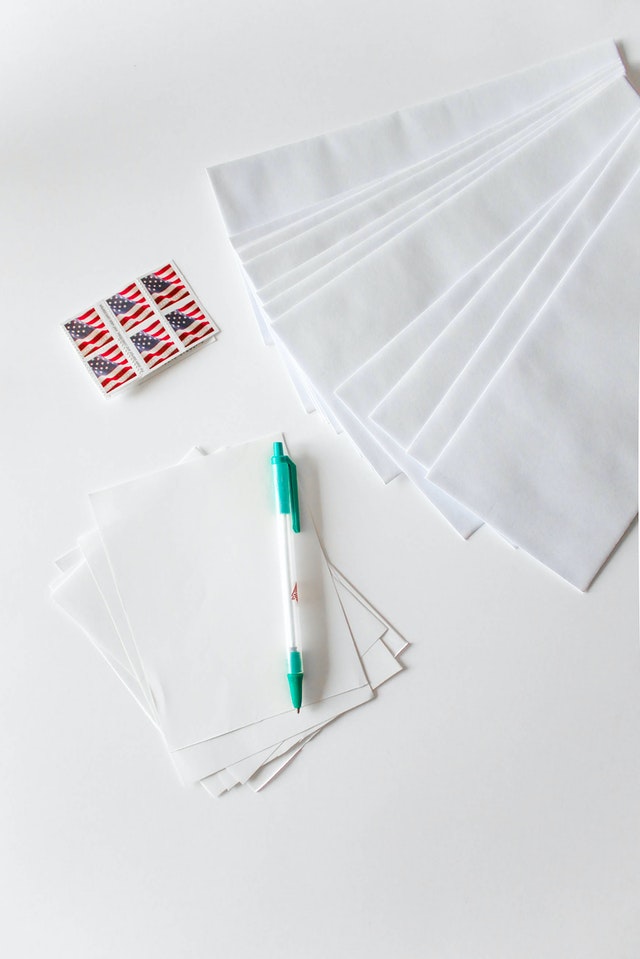 Image source:
Image source: 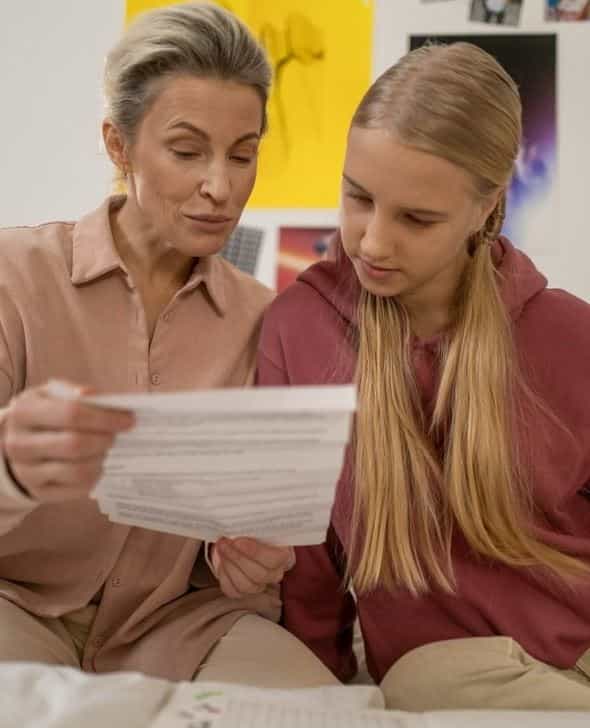

 Image source:
Image source: 

